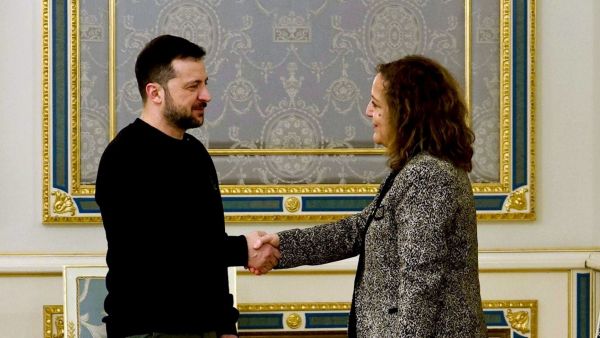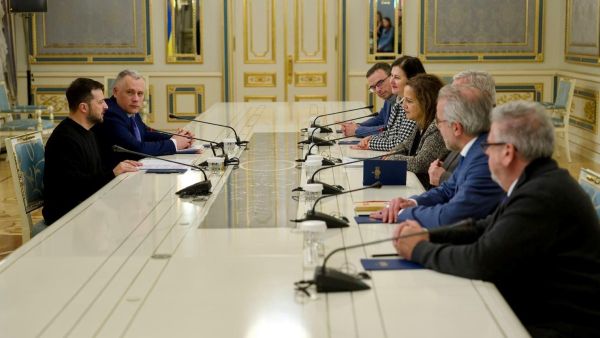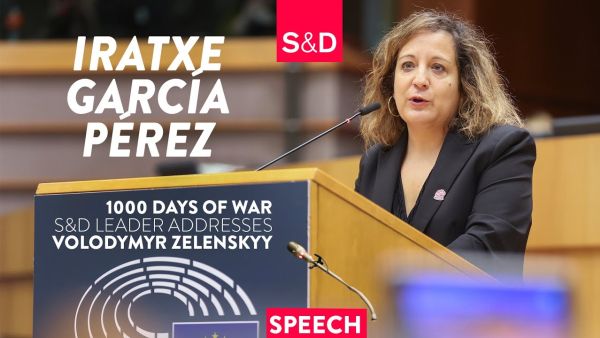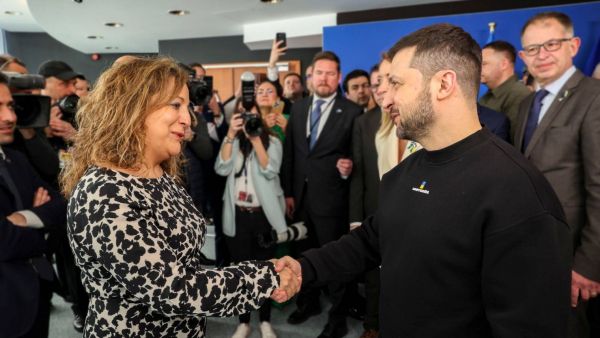Our current European Diplomacy architecture is defined by its hybrid nature – a mosaic of temporary personnel loans, which mainly big Member States can afford, and Commission clerks educated in 27 different cultures of external action. In order to become more united and gain autonomy, this diplomacy needs to adapt to current geopolitical challenges. One first step in this direction could be my proposal for the creation of the European Diplomatic Academy.
As a Member of the Foreign Affairs Committee of the European Parliament (AFET), I began my work in 2019 addressing the horizontal aspects of EU external action. We are very often forced to face one international crisis after another without getting the chance to consider the instruments of EU external action. Reflecting on these instruments leads us to a clear conclusion: to become a global actor, we must do more than simply aspire to it. Our instruments for opting to that position need to be fine-tuned, including those of EU diplomacy.
For instance, certain geographical biases appear evident in EU Delegations – Iberians in America or the French in Africa – which, despite the experience national diplomats can bring to the EU delegations in these regions, do not seem to reflect a fully-fledged European blueprint. The EU’s diplomatic apparatus, the EEAS, has been in practice for over a decade. However, it is time to re-evaluate and adapt this to the changing geopolitical landscape, and reconsider its hybrid composition moving towards a format that is independent of both governments and other institutions. The aim is a European diplomacy that is selected and trained from the very beginning, rather than relying on staff "on loan" over an extended period. While there are advantages to having diplomats from Member States serving in the EU, there are also drawbacks such as their temporary nature, lack of incentives and the temptation to maintain national agendas.
This is where my proposal of pilot project “Towards the creation of a European Diplomatic Academy” in April 2021 came into play. It aimed for the EEAS to study and analyse the possibilities of creating such an academy, where the EU could provide the main training and a selection process for admission to the EEAS and to the EU delegations.
In the intricate tapestry of the European Parliament, and with meticulous legislative manoeuvring, my proposal was one of the few approved in the AFET Committee. This decision, and the following excellent assessment by the Commission and the EEAS, after some modifications, paved the way for its implementation. The final step was the fight to introduce it in the EU Annual Budget through the Parliament’s position. In this way, we allocated almost €1m to the project, otherwise nothing could have been done.
With the groundwork laid, the EEAS wasted no time in issuing two public tenders: a feasibility study and a pilot test. Amidst a sea of interest and competence, the European Institute of Public Administration (EIPA), in collaboration with the EUI-STG and CEPS, secured the tender for the feasibility study, while the prestigious College of Europe undertook the responsibility of conducting the pilot test.
As the programme unfolded, in the College of Europe from September 2022 to May 2023, it became evident that a transformative journey was underway. Over 45 aspiring diplomats, hailing from diverse backgrounds including candidate countries and EU institutions, underwent rigorous training on a residential basis. Yet, it did not end there, as I put forward a one-year extension following the same process. Moreover, another study is on its way, where the "target groups" of the future permanent Academy are addressed. The analysis also focuses on those who are not currently Member State diplomats, but are interested in becoming EU diplomats.
At this point, the Council is debating a decision for the establishment of the permanent Diplomatic Academy. This promising development, coupled with a recent proposal I put forth, marks a significant step forward in nurturing the next generation of diplomats. This proposal aims to create a permanent training and residential programme tailored specifically for junior diplomats from EU candidate countries. Addressing a key challenge encountered during the initial implementation phase – the logistical hurdles faced by diplomats from candidate countries – this initiative seeks to foster greater inclusivity and cooperation among aspiring diplomats across Europe.
Nevertheless, as the European Diplomatic Academy takes shape, two crucial considerations emerge on the horizon. Firstly, the importance of ensuring access for all Europeans aspiring to serve as EU diplomats, irrespective of their current diplomatic status or affiliations. Secondly, the potential for the European External Action Service (EEAS) to directly recruit alumni of the Academy.
Undoubtedly, the initial reception by different Member States was marked by a “wait and see” approach, viewing it through the lens of potential competition. While bigger Member States count with large diplomatic corps and resources, smaller Member States saw in this project a way to better address their diplomatic challenges. However, the successful implementation of the project and its undeniable necessity becoming increasingly clear, have caused it to gradually gain widespread support among Member States.
The creation of such a diplomatic body is a crucial step towards a geopolitical and influential Europe, which is key if we want to overcome national limitations and interact on the same level as our partners and competitors. Only by moving from national esprits de corps towards a common diplomatic culture – from a European perspective – will we be able to achieve genuine EU Diplomacy that encompasses common EU values and interests.
Nacho Amor Sánchez, AFET Committee member and S&D coordinator for human rights.











